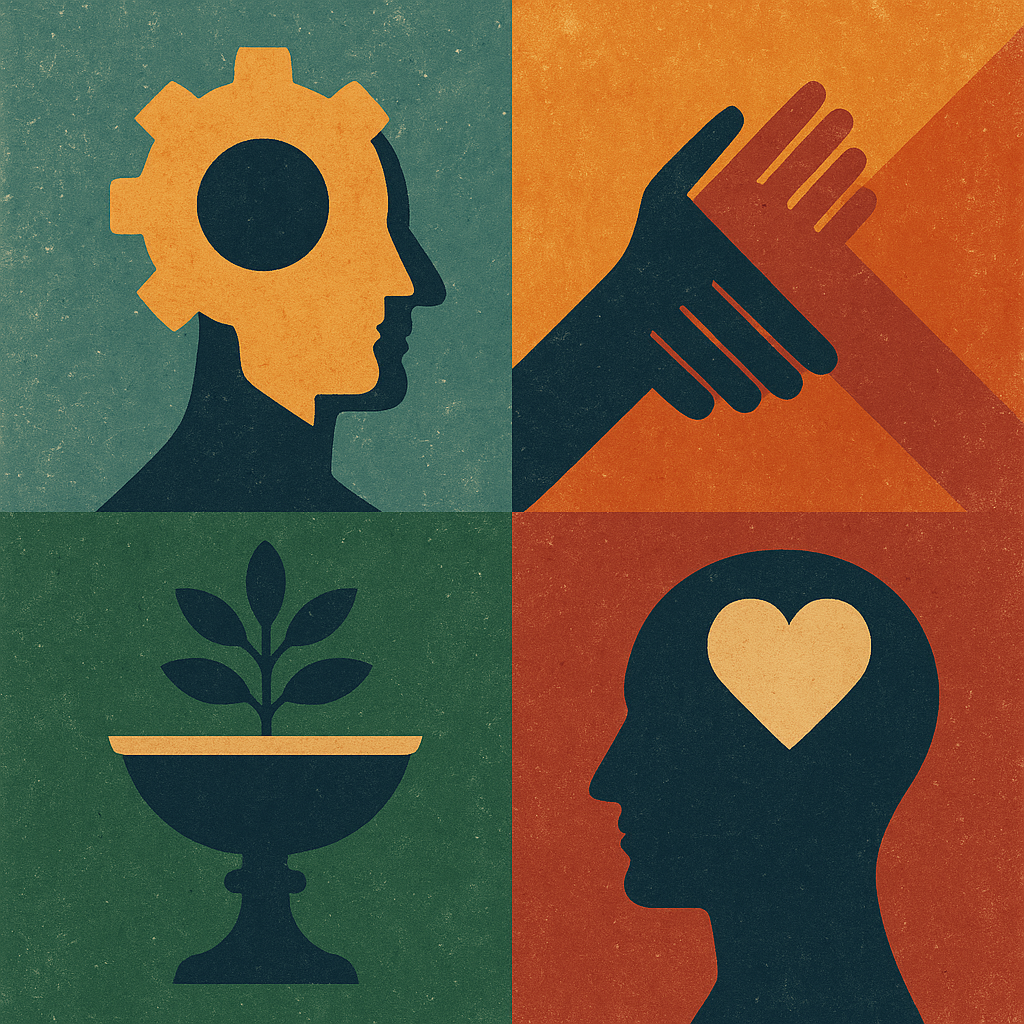
ChatGPT:
Title: “How to Stay Sane in a Stupid World: Aristotle’s 10-Book Guide to Modern Life”
Aristotle wasn’t scrolling TikTok, but he somehow diagnosed the modern world. In his Nicomachean Ethics—ten dense, occasionally grumpy books—he asked the oldest question that still matters: how should we live well? Not “how to optimize productivity,” but how to live a decent, meaningful life. Two thousand years later, the toga’s gone, but the chaos remains.
Book I – The Good Life Isn’t on Sale
Everything we do aims at some “good,” Aristotle says, but the highest good is eudaimonia—true happiness, or flourishing. It’s not about pleasure or wealth, but living a life that fulfills your human potential.
He’d laugh at influencer culture. Pleasure is fleeting; virtue is enduring. The message still lands: you can’t buy purpose, but you can practice it.
Book II – Virtue Is a Habit, Not a Hashtag
Virtue, according to Aristotle, is learned through repetition. You don’t feel brave—you become brave by doing brave things. Every virtue lies between two extremes: courage between cowardice and recklessness, generosity between stinginess and waste.
Modern takeaway: moderation beats melodrama. Life isn’t an extreme sport; it’s a balancing act. Aristotle would have hated Twitter threads.
Book III – Responsibility: The Ancient Accountability Post
Moral responsibility, he says, depends on choice. You’re responsible when you act knowingly and willingly. Translation: you can’t blame your phone, your parents, or “the algorithm.”
His virtues of courage and temperance feel tailor-made for today’s anxieties. Courage is choosing discomfort for the right reason. Temperance is the ability to say, “no, I don’t need another subscription box.”
Book IV – How to Be Bearable in Public
Generosity, honesty, modesty, wit—Aristotle thought these were moral qualities. He believed you could literally practice being likable.
Apply that to social media, and the advice is gold: be truthful but not cruel, funny but not vile, confident but not insufferable. The middle ground remains rare and revolutionary.
Book V – Justice: The Original “Be Fair”
Justice, for Aristotle, is the greatest virtue because it’s about others. It means fairness, balance, and giving people their due. Replace “Athens” with “global economy,” and he’s describing ethical governance, equity, and human rights.
He’d hate greed but also distrust the mob. Justice is balance, not vengeance. Try putting that on a protest sign.
Book VI – Wisdom Before Innovation
Aristotle lists types of knowledge: techne (skill), episteme (facts), and phronesis (practical wisdom). Phronesis—knowing when and how to act—is the crown jewel.
We’ve got more techne and episteme than ever, but very little phronesis. Aristotle’s advice is evergreen: just because you can doesn’t mean you should. Think first, post later.
Book VII – The Weakness of Will
Akrasia means knowing what’s right but doing the opposite. Sound familiar? It’s why you check emails during dinner or promise to “just watch one more.” Aristotle blames habit, not fate.
He believed self-control was cultivated by small, deliberate acts of reason. He didn’t invent mindfulness, but he absolutely predicted the need for it.
Books VIII & IX – Friendship: The Cure for Modern Loneliness
Aristotle says friendship isn’t optional; it’s essential to happiness. He distinguishes three kinds: utility (what you can do for me), pleasure (what you make me feel), and virtue (who you help me become).
Guess which kind we’re short on? Real friends make us better people, not better brands. Aristotle would’ve found “follower count” morally suspicious.
Book X – Pleasure and Thought
The happiest life, Aristotle says, is contemplative—a life of reflection and understanding. In a world allergic to silence, that sounds radical. Thinking deeply is rebellion now.
He’d say: “Use your mind; it’s your best feature.” Meditation apps? He’d just tell you to sit down and think—no subscription required.
Why Aristotle Still Wins
The Nicomachean Ethics endures because humans haven’t changed—we’ve just added Wi-Fi. His wisdom still cuts through the noise: happiness is a practice, virtue is a habit, friendship is sacred, and thinking is freedom.
When life feels chaotic, you don’t need a new app or guru. You need Aristotle, who quietly whispers from 2,300 years ago: be better, not busier.
